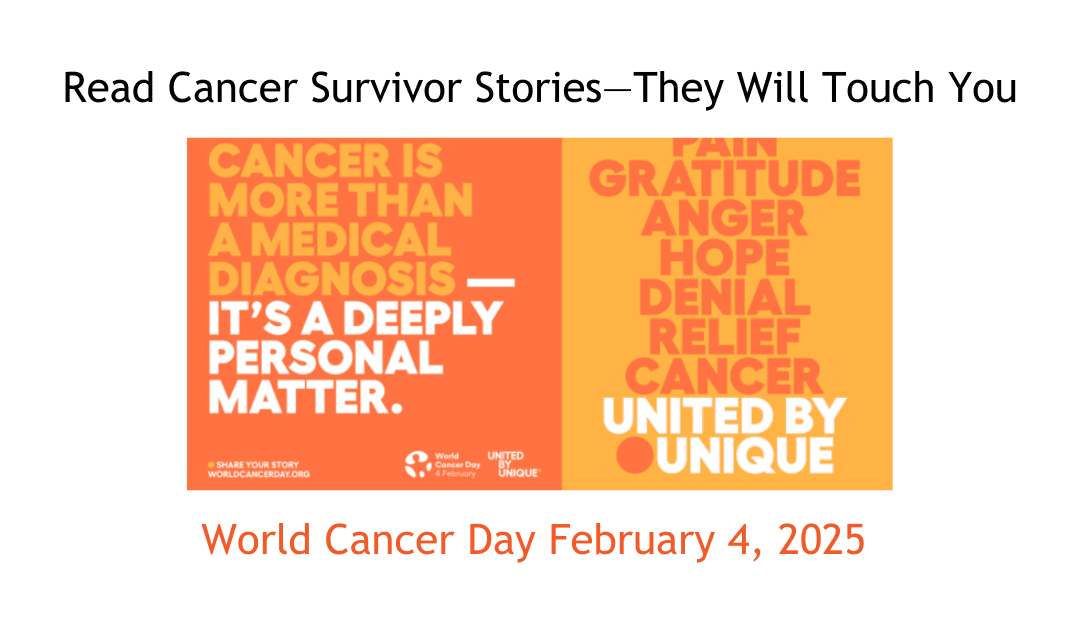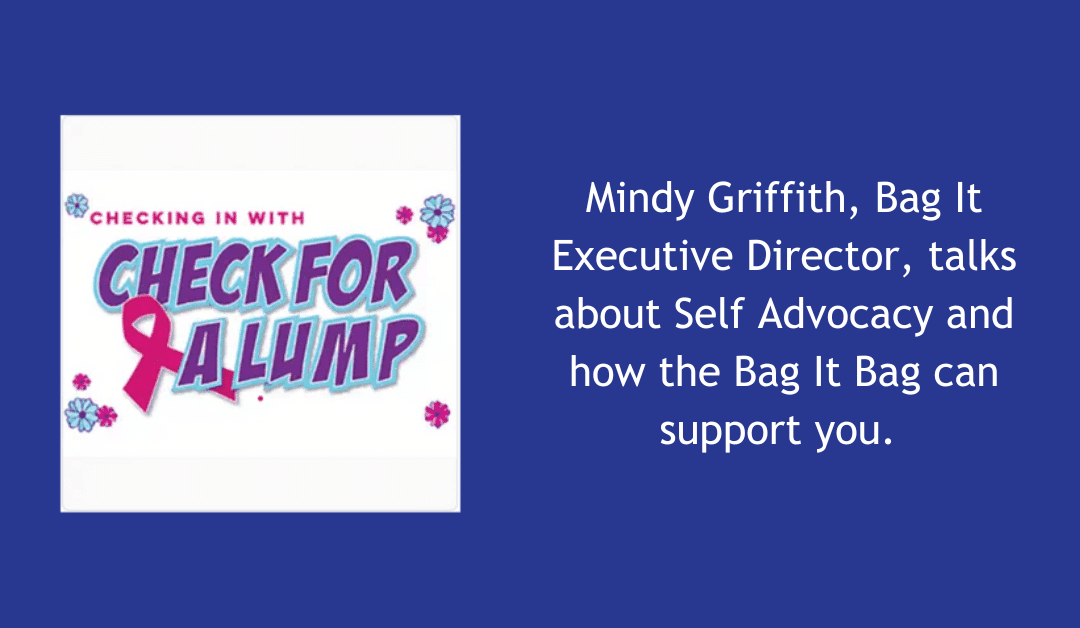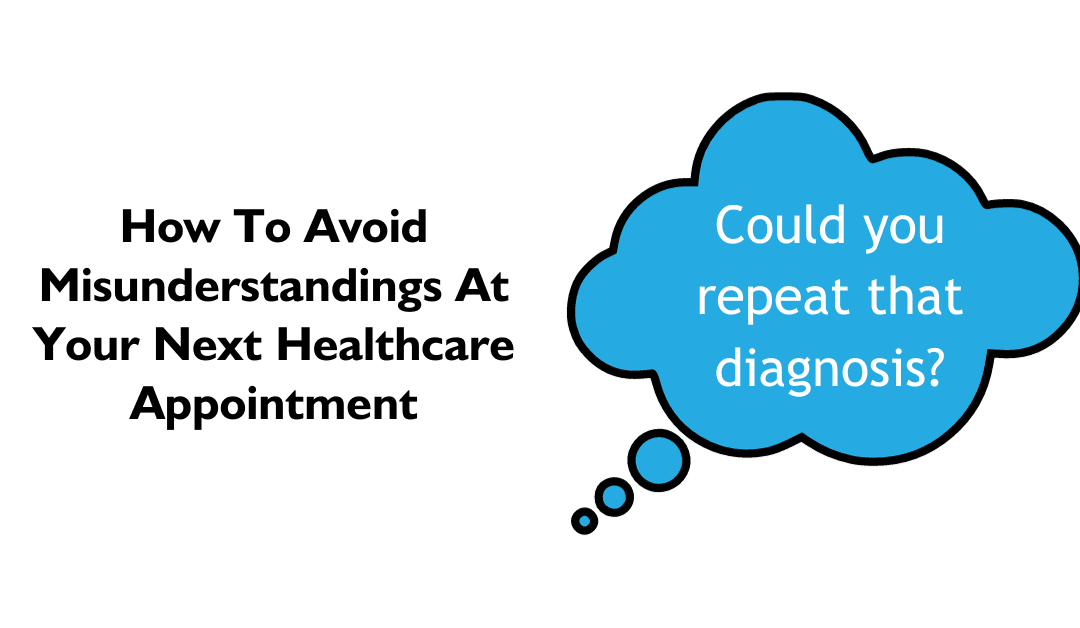
Valuing Everyone’s Cancer Story for World Cancer Day
February 4th was World Cancer Day. The theme for 2025-2027 is United by Unique.
Each person’s story from diagnosis and beyond is different and each one matters! We receive different diagnoses, advice, treatment plans, drugs, surgeries, care, etc. But cancer is so much more than just a diagnosis.
We go through different emotions and at different paces. We learn so much about ourselves and those we care about. We discover how unique we truly are. Yet in our individuality, comes a kinship. Our story is ours, yet it will resonate with another’s heart.
We are extremely grateful to our Escape to THRIVE participants who were willing to share some of their stories that may touch your heart, may help you find something you’ve been missing, or may just be what you needed to hear to know that you are not alone.
Sharing Cancer Stories
It’s world cancer day today and I am so privileged to still be here while so many of my beautiful friends are not. Today I am so so lucky to be a stage 3C TNBC survivor because there were moments (shit there are still moments) where this crap is so heavy. Being diagnosed young and when you are supposed to be building a family, a home, a future sucks but I’m also thankful, I’m thankful for the compassion and desire to overcome what cancer has taught me. I’m thankful to the doctors and nurses and medicine that saved my life in 2021 so I can be here with no evidence of disease 4 years later. I’m thankful for the perspective cancer has given me not only on life but also death. Most of all I’m thankful for the community cancer helped form for me. A group of other compassionate, powerful, strong, intelligent humans all with this same crappy connection.
—Kimberly
This World Cancer Day I’m choosing to focus on the word grateful. That may seem odd when talking about a cancer diagnosis and, trust me, my heart has not filled with gratitude every day of this journey. I’ve had (and have) many days I look at the changes in my body and I wonder why this happened. But, as difficult as the journey has been at times, it has brought so much to be grateful for into my life.
I am grateful that my cancer was found early. I am grateful that I had an amazing team of doctors who worked together for the best outcomes possible. I am grateful for the family and friends that surrounded me and supported me throughout 7 surgeries and recoveries, especially my saint of a husband. I am grateful for the new friends I have gained in my life from joining a cancer group. And I am grateful for the opportunity I have to give back to those on this journey.
—Amy

This World Cancer Day, I focus on being. In a world full of doing, cancer was a wake up call for me to slow down and just be. Even when I had all the intention in the world to “do” my work continuing education credits during my month long surgery recovery, my body had other plans. I literally could do very little beyond look out the window. Even taking a walk was a momentous event. Slowly, my physical strength came back, and my spiritual and mind space expanded beyond where it had ever been before cancer. Cancer changed my life for the better (I can only say this many years into my thrivership).
I learned to:
- appreciate me for who I am, not the things that I do
- be graceful in accepting help (realizing it is a gift to give, and in order for someone to give help, someone must receive).
- slow down and not do everything everywhere all at once, especially for everyone else
- take time for myself
- advocate for myself and other cancer thrivers
- do the things that I enjoy, including retreats
- meditate
- be even more grateful
- savor each moment, even the challenging ones
- appreciate that growth comes from the seemingly hardest experiences
- heal with nature
Thank you to all of you who have shared in my journey. I am inspired by you. I appreciate you. I am grateful.
—Su-Yen

I see my life in 2 distinct halves: BC and AC—before cancer and after cancer.
I don’t even know that girl BC anymore. It’s as if she once existed and then she…didn’t. Maybe she died all at once while our body was in an icu bed, in a coma, tubes coming from her face, arms tethered, voiceless but wanting to scream, aware but not understanding, asleep but knowing even as she was being drugged into oblivion… Maybe she died little by little, piece by piece, as she lost body parts, left on operating room floors. Maybe she went mad and jumped off a building somewhere. No one noticed she was gone, except me. But I know. I know she’s dead and gone and I cannot deny that the me left in her place is brand new.
AC me has the wisdom that other me never grew old enough to attain. Expansiveness that other me could never begin to comprehend. She is more whole than she was before the mutinous body parts were cut away. She knows love like it’s a way of life. She drinks in experiences like they’re life-giving water. She knows her life purpose like it was tattooed on her soul.
She lives her life as if it is not a promise at all, but a blessing.
—Dawn

I was trained in journalism and beginning in 1984 became attracted to educating patients so they could be more in control of their care. That consumerism was new. In 1996 it became much more personal for me when I was diagnosed with leukemia. Other patients connected me with specialists far from my home and I entered a clinical trial that worked! That survival fueled even more passion to help inform patients and that has propelled me for decades. I feel the reason I survived was for this purpose and it is thrilling to see how better informed patients get better care.
I am 74 years old now and the blood cancer I have, myelofibrosis, is somewhat progressive. But I am NOT slowing down. We patients can help each other and I am delighted to be an active part of the cancer community and help amplify key information that is significant. I believe progress is real and we patients are integral to making it happen!
—Andrew












Recent Comments